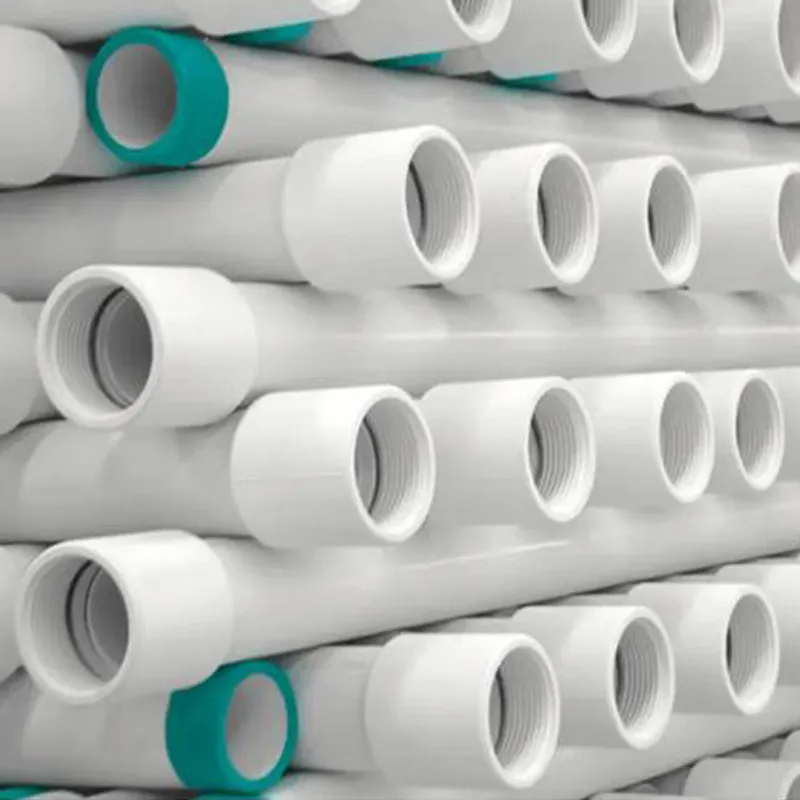Sep . 04, 2024 20:51 Back to list
hdpe pipe pdf product
Understanding HDPE Pipe A Versatile Solution for Modern Infrastructure
High-Density Polyethylene (HDPE) pipes have emerged as a significant innovation in the field of plumbing and construction. Renowned for their strength, durability, and resistance to various environmental factors, HDPE pipes are increasingly preferred over traditional materials such as metal or concrete. This article delves into the characteristics, applications, and advantages of HDPE pipes, showcasing their pivotal role in modern infrastructure.
Characteristics of HDPE Pipes
HDPE pipes are made from high-density polyethylene, a thermoplastic polymer known for its high strength-to-density ratio. This material is lightweight, yet robust, making it ideal for a wide range of applications. HDPE pipes exhibit exceptional flexibility, allowing them to be easily transported and installed, even in challenging terrains. They are resistant to corrosion, chemical leaching, and UV radiation, which ensures a long lifespan and minimal maintenance requirements. Moreover, HDPE pipes have a smooth inner surface that reduces friction, which helps optimize the flow rate of liquids.
Applications of HDPE Pipes
The versatility of HDPE pipes allows for a multitude of applications across various sectors. In the water distribution field, HDPE pipes are widely used for potable water supply systems due to their non-toxic nature. They are also employed in agricultural irrigation, stormwater management, and wastewater treatment. Furthermore, HDPE pipes are essential in gas distribution networks, owing to their resistance to corrosion and leakage, which ensures safety and efficiency.
hdpe pipe pdf product

In construction, HDPE pipes are used for drainage systems, leading to improved stormwater management and flood control. Thanks to their flexibility, HDPE pipes can be installed in various configurations, making them a suitable choice for both urban and rural settings. The construction industry also benefits from the use of HDPE pipes in trenchless technology, a method that minimizes the disruption of the surrounding environment during installation.
Advantages of HDPE Pipes
The advantages of using HDPE pipes are numerous. First and foremost, their resistance to corrosion and chemical degradation extends their operational life, reducing the need for frequent replacements. Additionally, the lightweight nature of HDPE makes transportation and installation easier and more cost-effective than traditional materials. The smoother inner surface of these pipes leads to lower energy consumption, as less energy is required to pump fluids through them.
Moreover, HDPE pipes are eco-friendly. They can be recycled and reused, contributing to sustainable practices in construction and infrastructure development. Collaborating with companies that prioritize HDPE materials also aligns with the global movement towards more environmentally responsible choices in resource management.
In conclusion, HDPE pipes represent a remarkable advancement in plumbing and construction technology. Their unique properties and wide-ranging applications make them an indispensable resource for future infrastructure projects. As industries continue to evolve, the reliance on HDPE pipes will likely grow, confirming their status as a reliable solution for modern challenges.
-
High-Quality PVC Borehole Pipes Durable & Versatile Pipe Solutions
NewsJul.08,2025
-
High-Quality PVC Perforated Pipes for Efficient Drainage Leading Manufacturers & Factories
NewsJul.08,2025
-
High-Quality PVC Borehole Pipes Durable Pipe Solutions by Leading Manufacturer
NewsJul.08,2025
-
High-Quality PVC Borehole Pipes Reliable PVC Pipe Manufacturer Solutions
NewsJul.07,2025
-
High-Quality UPVC Drain Pipes Durable HDPE & Drain Pipe Solutions
NewsJul.07,2025
-
High-Quality Conduit Pipes & HDPE Conduit Fittings Manufacturer Reliable Factory Supply
NewsJul.06,2025

